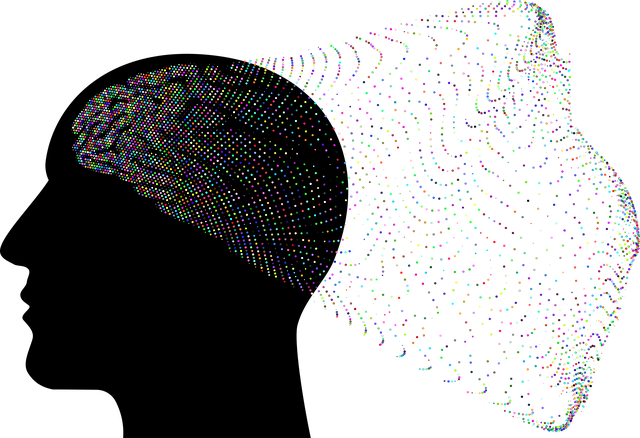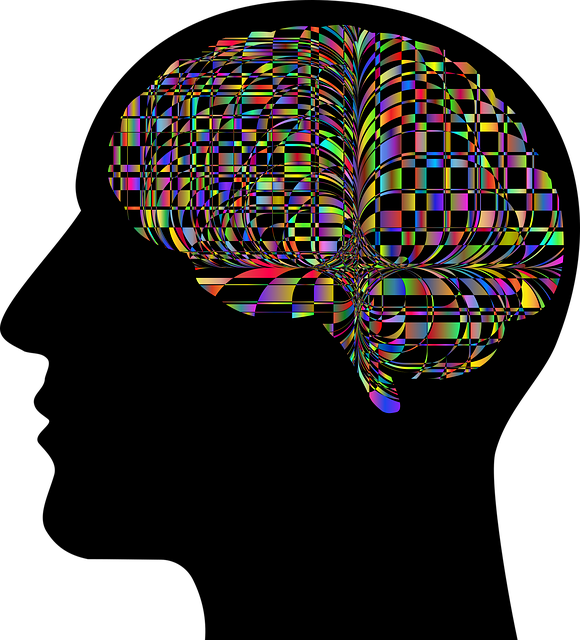Understanding Mental Health Data through various sources like EHRs, surveys, and research studies on Golden Women's Issues Therapy enables professionals to tailor interventions for specific needs. Advanced statistical tools and machine learning algorithms reveal patterns in client experiences, behaviors, and treatment responses, facilitating personalized therapy sessions and targeted support services. Ethical considerations, including privacy and algorithmic biases, are crucial while leveraging technology like AI to enhance Golden Women's Issues Therapy and promote emotional well-being.
Mental health data analysis is a powerful tool for understanding complex human experiences. This article explores the process of interpreting mental health data, from collection through advanced analysis techniques, with a specific focus on its application in Golden Women’s Issues Therapy (GWIT). We delve into ethical considerations and highlight future directions, emphasizing the importance of data-driven insights to enhance therapeutic outcomes and address pressing mental health concerns within GWIT.
- Understanding Mental Health Data: Collection and Sources
- Data Analysis Techniques for Uncovering Patterns
- Interpreting Findings: Implications for Golden Women's Issues Therapy
- Ethical Considerations and Future Directions in Mental Health Data Interpretation
Understanding Mental Health Data: Collection and Sources

Understanding Mental Health Data begins with recognizing the diverse sources and methods of collection. In today’s digital age, electronic health records (EHRs) serve as a comprehensive repository, storing valuable information on patient encounters, diagnoses, treatments, and outcomes. These data are not only numerical; they encompass textual notes, clinical observations, and qualitative feedback from patients themselves, offering a multifaceted view of mental health experiences.
The sources of mental health data extend beyond EHRs. Surveys, questionnaires, and research studies contribute quantitative and qualitative insights into various aspects of psychological well-being. Specifically, focusing on Golden Womens Issues Therapy, these data can shed light on cultural sensitivity in mental healthcare practice, burnout prevention, and self-esteem improvement among female patients. By analyzing trends and patterns within these diverse datasets, mental health professionals gain valuable tools to enhance patient care and tailor interventions to address specific needs.
Data Analysis Techniques for Uncovering Patterns

In the realm of mental health data analysis, uncovering patterns and insights is akin to piecing together a complex tapestry. Advanced techniques, especially when tailored for Golden Womens Issues Therapy, can reveal profound connections within vast datasets. These methods go beyond simple numbers, delving into the nuances of client experiences, behaviors, and responses to treatment. By employing robust statistical tools and machine learning algorithms, therapists and researchers can identify recurring themes and trends, allowing for more personalized and effective interventions.
For instance, data analysis could reveal that specific Self-Awareness Exercises or Conflict Resolution Techniques resonate particularly well with certain demographics or individuals dealing with trauma. This knowledge is invaluable for tailoring therapy sessions to address the unique needs of each client, fostering a supportive environment that promotes healing and growth. Such insights can also guide the development of targeted Trauma Support Services, ensuring resources are allocated where they have the greatest impact on improving mental health outcomes.
Interpreting Findings: Implications for Golden Women's Issues Therapy

Interpretation of findings from mental health data is a critical step that directly impacts interventions and strategies employed in Golden Women’s Issues Therapy. By meticulously analyzing trends, patterns, and individual narratives, therapists can gain valuable insights into the unique experiences and challenges faced by their clients. This process allows for a more personalized approach to therapy, ensuring that each woman receives tailored support aligned with her specific needs.
For instance, data might reveal elevated stress levels among Golden Women due to societal pressures and gender stereotypes. Consequently, therapists can integrate crisis intervention guidance and empathy-building strategies into the therapeutic framework. Through such adaptations, the therapy becomes more effective in facilitating emotional healing processes, empowering women to navigate their struggles with resilience and self-compassion.
Ethical Considerations and Future Directions in Mental Health Data Interpretation

The ethical landscape surrounding mental health data analysis is complex and ever-evolving. As technology advances, enabling more sophisticated data collection and interpretation methods, it’s imperative to navigate potential pitfalls while leveraging insights for Golden Women’s Issues Therapy. Ensuring informed consent, protecting patient privacy, and preventing bias in algorithms are paramount. The use of artificial intelligence, for instance, must be transparent and accountable, avoiding unintended consequences that could exacerbate existing societal biases or discriminate against specific demographics.
Future directions in mental health data interpretation should focus on integrating Crisis Intervention Guidance, Burnout Prevention, and Emotional Well-being Promotion Techniques. By leveraging large-scale datasets, researchers can uncover hidden patterns and correlations, leading to more personalized interventions. This involves not only analyzing individual symptoms but also considering social determinants of health, cultural contexts, and environmental factors that contribute to mental well-being. Such an inclusive approach has the potential to revolutionize therapy methods, ensuring that support is tailored to meet the unique needs of diverse individuals.
Mental health data analysis offers a powerful tool for understanding complex issues, especially within specific populations like Golden Women. By employing various techniques to interpret trends and patterns, we can gain valuable insights into common mental health challenges and design more effective interventions, such as those tailored by Golden Womens Issues Therapy. Ethical considerations are paramount, and ongoing research in this field will undoubtedly shape the future of mental healthcare, ensuring a more nuanced and targeted approach.














